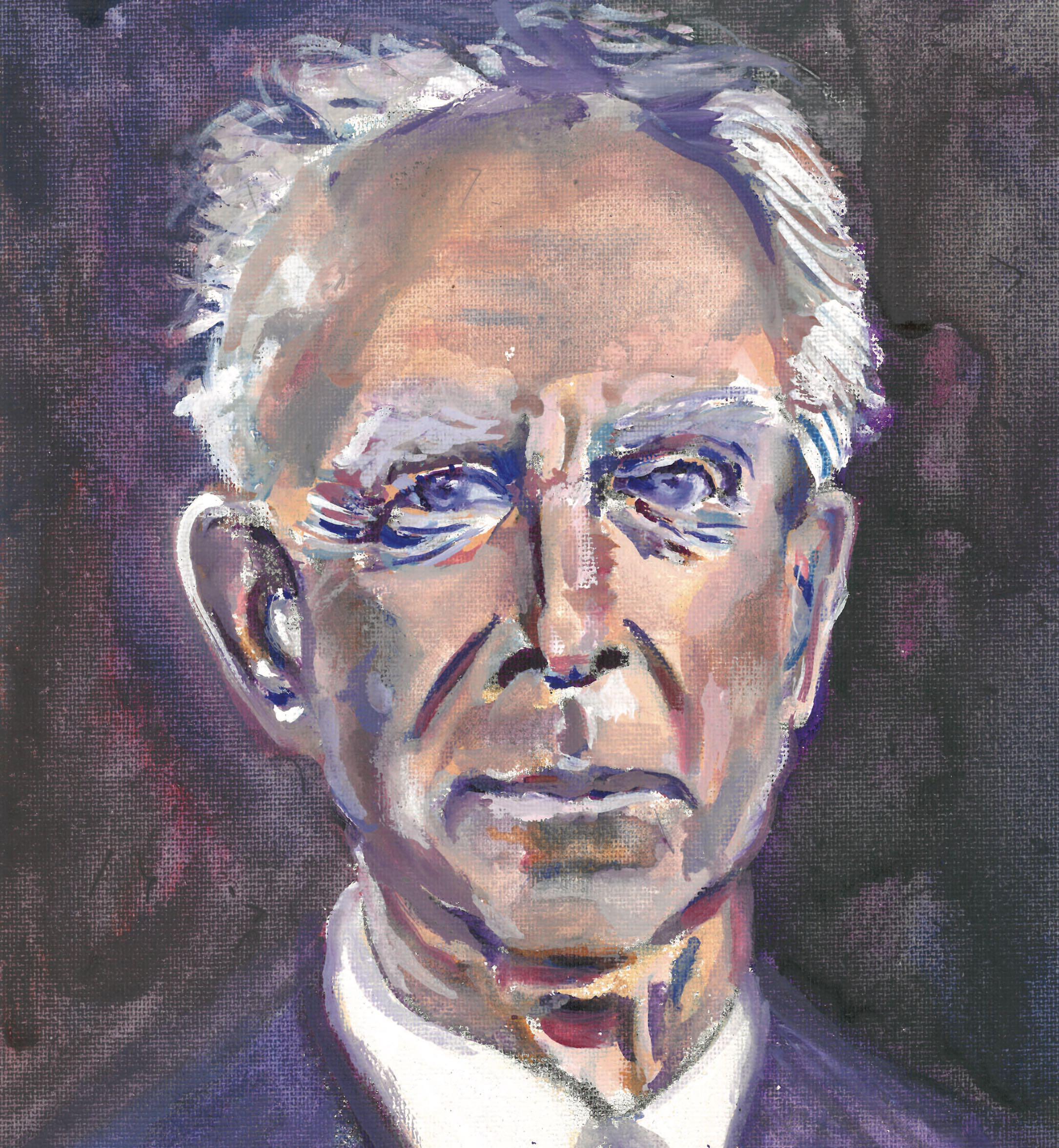
The belief that human beings have moral responsibility is used to judge people based on their actions, then to reward or punish them accordingly. But is this just? This question becomes unavoidable when the theory of determinism enters the discussion. Determinists claim that every event or occurrence in the world, including human desires, thoughts, and acts, are predetermined by physical laws of cause and effect. In such a world there is no space for free will, since any person’s action at any time could not have been different, if all the physical conditions causing it remain the same. As there is no human free will, say the determinists, there can be no moral responsibility either. At the other end of the axis stand libertarians who also view the two phenomena as incompatible, yet the theory they reject is determinism, as they believe that humans do possess free will. Therefore, assigning moral responsibility is justifiable according to their view. In-between these two positions are the compatibilists, who claim that determinism and moral responsibility are not mutually exclusive after all. Different compatibilists explain this with different arguments. In this article, I will only examine one such argument, made by Peter Strawson in his seminal paper ‘Freedom and Resentment’ (Proceedings of the British Academy, Volume 48, 1962), with the purpose of seeing whether it does resolve the centuries old puzzle.
Strawson’s Argument
This story is from the December 2023 / January 2024 edition of Philosophy Now.
Start your 7-day Magzter GOLD free trial to access thousands of curated premium stories, and 9,000+ magazines and newspapers.
Already a subscriber ? Sign In
This story is from the December 2023 / January 2024 edition of Philosophy Now.
Start your 7-day Magzter GOLD free trial to access thousands of curated premium stories, and 9,000+ magazines and newspapers.
Already a subscriber? Sign In

Metaphors & Creativity
Ignacio Gonzalez-Martinez has a flash of inspiration about the role metaphors play in creative thought.

Medieval Islam & the Nature of God
Musa Mumtaz meditates on two maverick medieval Muslim metaphysicians.

Robert Stern
talks with AmirAli Maleki about philosophy in general, and Kant and Hegel in particular.

Volney (1757-1820)
John P. Irish travels the path of a revolutionary mind.

IT'S A WONDERFUL LIFE
Becky Lee Meadows considers questions of guilt, innocence, and despair in this classic Christmas movie.

"I refute it thus"
Raymond Tallis kicks immaterialism into touch.

Cave Girl Principles
Larry Chan takes us back to the dawn of thought.

A God of Limited Power
Philip Goff grasps hold of the problem of evil and comes up with a novel solution.

A Critique of Pure Atheism
Andrew Likoudis questions the basis of some popular atheist arguments.

Exploring Atheism
Amrit Pathak gives us a run-down of the foundations of modern atheism.